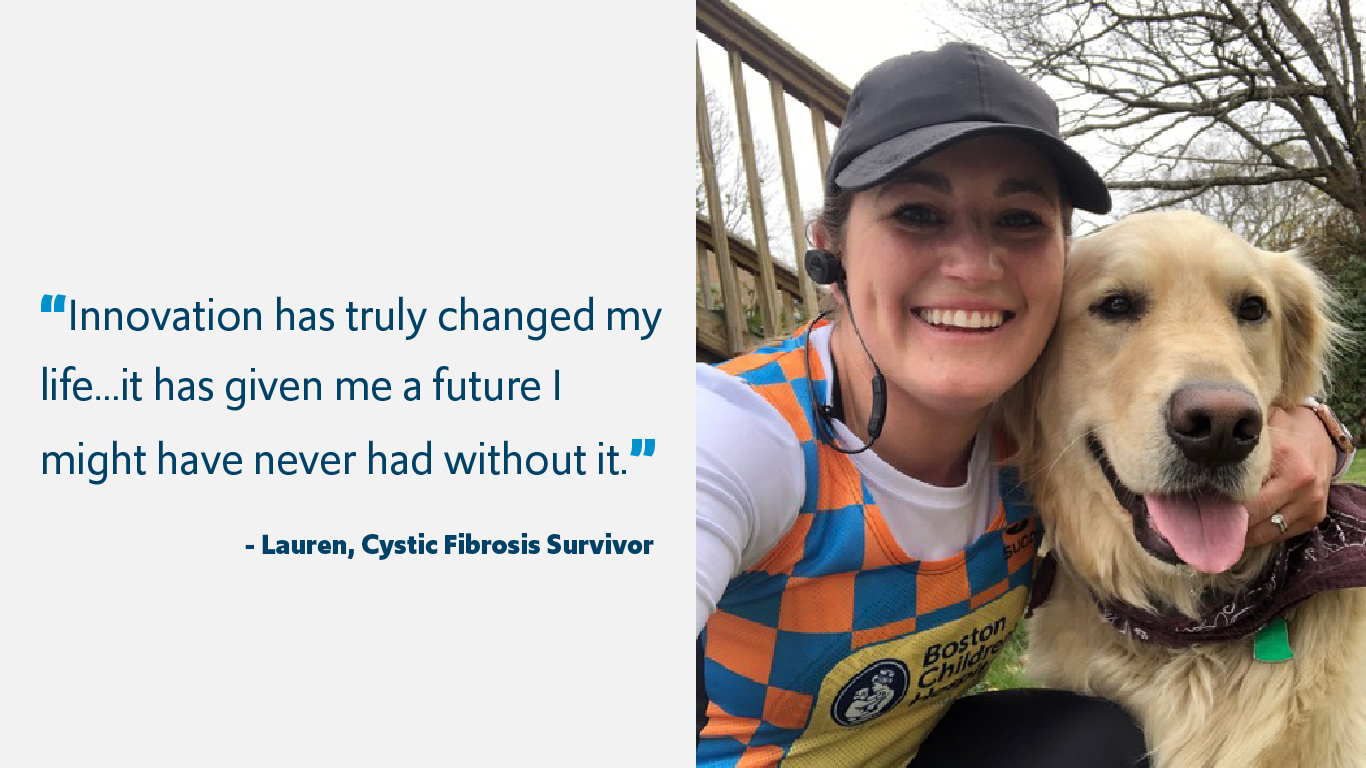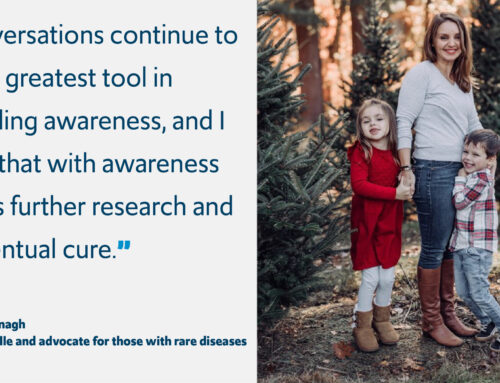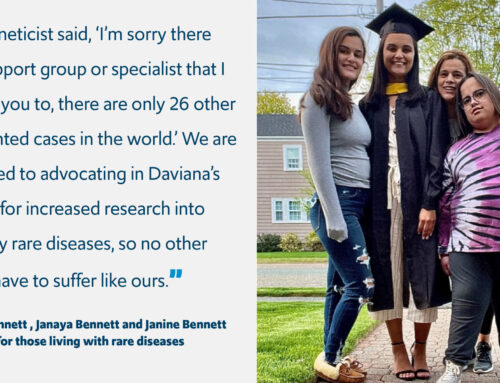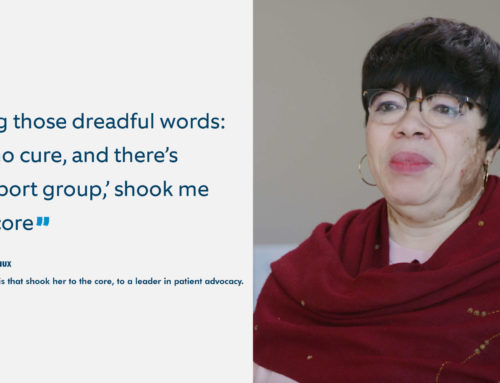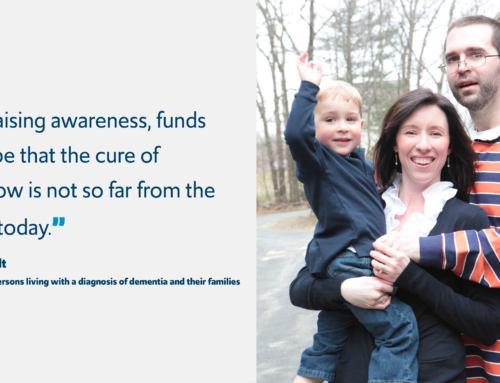When I was 16 years old, I read about a company in Boston that was researching a drug that had the potential to change the trajectory of my cystic fibrosis. At the time, it was in the very beginning phases of research, but the potential still caused tears to well up in my eyes. Up until that point, I spent up to an hour a day on breathing treatments, took countless medications, spent weeks in the hospital once or twice a year, and to top it off, the median age of survival for cf was in the thirties. I imagined a life where cf no longer robbed me of my breath and my future. As a high schooler, I wasn’t sure if going to college was even worth it for a career I might never have. But this drug gave me hope.
While I waited for a game-changer, I did everything I could to keep myself as healthy as possible, even while battling a deadly bacteria that had colonized in my lungs. In college, I began running and saw first-hand how impactful pounding the pavement was on my lungs. I went 3 full years without needing a hospitalization. However, cf reminded me that no matter how much I ran, I still wasn’t immune from its clutches. As a new grad, I was left with the stark reminder that the bacteria in my lungs was unyielding. Cf sent me to the hospital for pneumonia, overcome with fevers and a cough that wouldn’t quit. Although running had kept me relatively healthy, it still wasn’t enough to keep cf completely at bay.
But I still had hope as the drugs continued to show positive results in trials. So I invested in my future and went to grad school while I waited. Since that day as a 16 year old, it took 10 years for Orkambi to be approved, another 2 years for Symdeko, and another year before I got to take Trikafta, all drugs that directly targeted the defect in my proteins. Each was better than the last, and I watched in awe as my lung function skyrocketed with each new drug. Suddenly, my future was more certain. I got married, bought a house, got a golden retriever named Nugget, wrote a book called Growing Up Sick, and began to grow my career, all while continuing to ski, hike, and run (now half marathons and soon a full marathon). I even invested more into my 401k, dreaming of a future well beyond my thirties.
Innovation has truly changed my life. Thanks to Trikafta, I can breathe. Loved ones comment that they no longer hear that cough they’ve grown so used to. As I approach 30, I no longer worry that I’m living in the final years of my life, because my lung function continues to remain stable. Colds and the flu once meant certain hospitalization for me, but now I recover quickly. I’m able to be more productive at work, missing less days and feeling more energized throughout the day. The idea of having children was always wrought with uncertainty for me, not wanting to leave my future children motherless. But now, my husband and I dream of starting a family in the next couple of years, and even hope I’ll be around long enough to become a grandmother.
Most importantly, innovation has given me a future I might have never had without it. As a 16-year-old all those years ago, I never dreamed of being healthy enough to live the life I have now or to forget, some days, that I even have cf. None of this would be possible without doctors and scientists who commit their lives to finding treatments for people like me. I can’t thank them enough, and I’m so lucky to be alive during a time where innovation makes anything possible.

